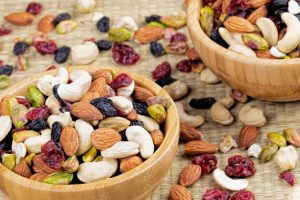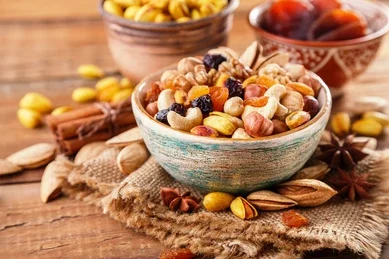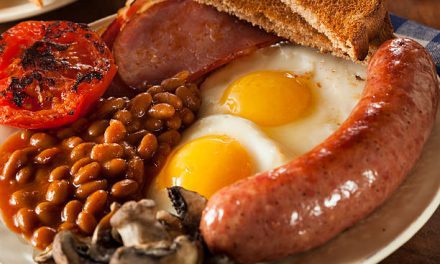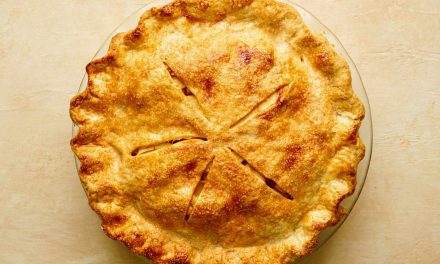When hunger strikes between meals, reaching for a bag of chips or a candy bar might be tempting. However, smart snacking can fuel your body, stabilize blood sugar, and even support your long-term health goals. Healthy snacks don’t have to be boring or bland—they can be delicious, satisfying, and packed with nutrients.
The key to effective snacking lies in choosing whole foods rich in fiber, protein, and healthy fats. These nutrients help you feel full longer and prevent energy crashes. For example, apple slices with almond butter offer a sweet crunch balanced with protein and fat, making it a satisfying and heart-healthy option.
Greek yogurt with fresh berries is another excellent choice. This combo delivers probiotics for gut health, protein for muscle support, and antioxidants to combat inflammation. For those who crave savory snacks, roasted chickpeas or hummus with raw vegetables provide fiber and plant-based protein with very few calories.
Nuts and seeds are also powerhouse snacks. A handful of almonds, walnuts, or pumpkin seeds can provide healthy fats, magnesium, and vitamin E. Just remember to keep portions moderate—about a quarter cup—to avoid excessive calorie intake.
If you’re on the go, preparing homemade snack packs can be a game-changer. Try mixing dried fruit, unsalted nuts, and a few dark chocolate chips for a DIY trail mix that hits every craving without added sugar or preservatives.
Another underrated but filling option is hard-boiled eggs. Packed with protein and essential vitamins like B12 and choline, they’re perfect for keeping in the fridge for a quick energy boost. Paired with a piece of fruit or a few whole-grain crackers, they make a balanced mini-meal.
Smoothies can double as both snacks and mini-meals when made with the right ingredients. Blend Greek yogurt or plant-based protein powder with frozen fruit, spinach, and flaxseed for a nutrient-packed drink that satisfies sweet cravings and boosts energy.
When cravings for chips or crackers hit, opt for air-popped popcorn or whole-grain rice cakes with avocado. These options provide fiber and crunch without the grease and sodium found in processed snack foods.
Finally, hydration plays a role in curbing unnecessary snacking. Sometimes, thirst is mistaken for hunger. Drinking water or herbal teas between meals helps regulate appetite and maintain energy levels.
The best healthy snack is one that fits your routine and keeps you feeling good. Preparation is key—stock your pantry and fridge with wholesome choices so nutritious snacks are always within reach. With the right ingredients and a little planning, snacking can become a powerful ally in your wellness journey.
References:
Harvard T.H. Chan School of Public Health. (n.d.). The Nutrition Source – Healthy Eating Plate. https://www.hsph.harvard.edu/nutritionsource/healthy-eating-plate/
Mayo Clinic. (2022). Healthy Snacks: Quick Tips for Parents. https://www.mayoclinic.org/healthy-lifestyle/nutrition-and-healthy-eating/expert-answers/healthy-snacks/faq-20058553
Cleveland Clinic. (2021). The Best Snacks for Your Health. https://health.clevelandclinic.org/best-snacks-for-your-health/





